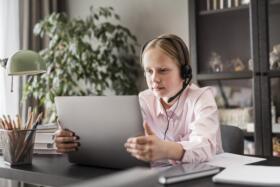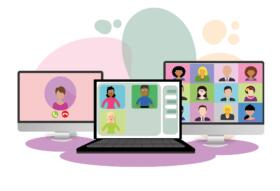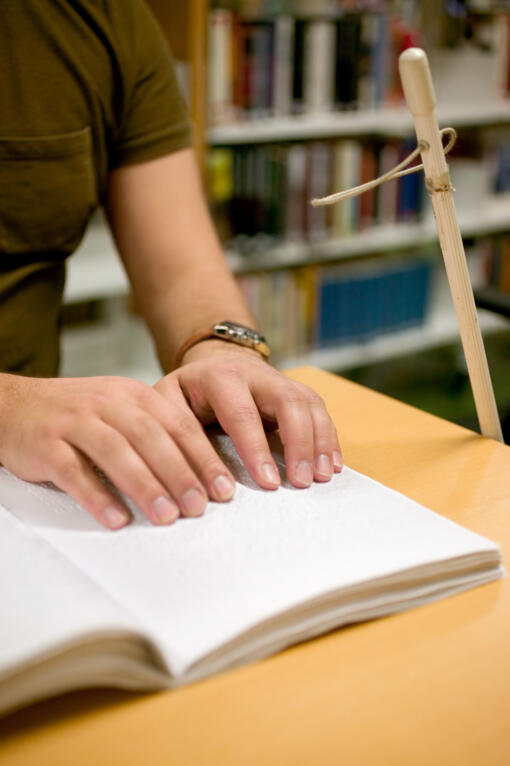Evaluation of the Disability Participation and Consultation Network (DPCN)
We conducted an independent evaluation of the DPCN

We have put together advice on the appropriate language to use when speaking or writing about disability.

We have supported Hub na nÓg to develop advice on making participative processes accessible and inclusive.

We hold an annual listening session with disabled people which helps ensure the evidence-informed advice we provide to Government is informed by their lived experience.
One of our main strategic priorities at the NDA is to foster strong and open processes for engaging and consulting with people with disabilities and the wider disability community.
We work hard to make sure our advice and guidance are informed by the experiences of persons with disabilities.
Here are some of the ways we make sure our advice is informed by the disability community:
We have launched new guidance for conducting research with disabled people. This is a practical resource to support researchers to meaningfully involve people with disabilities throughout the research process.
The guidance may also be useful for disabled people who are interested in getting involved in research, and for organisations who wish to support their members to get involved in research.

We conducted an independent evaluation of the DPCN
We developed advice to support the public sector in its engagement with DPOs
Receive email updates three to four times per year on our latest publications, news and events.
Read our latest newsletter